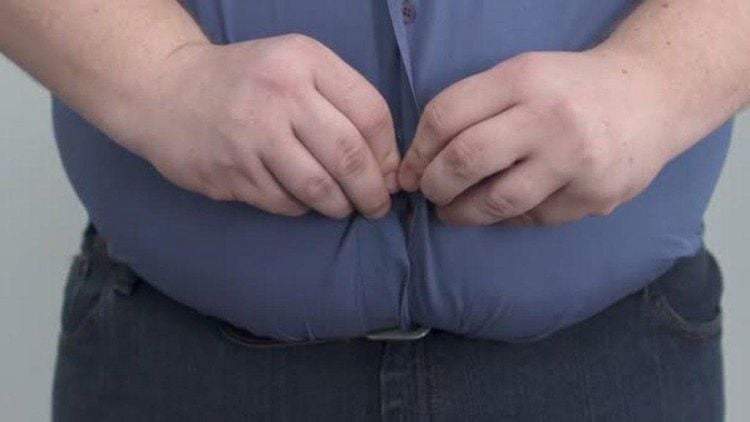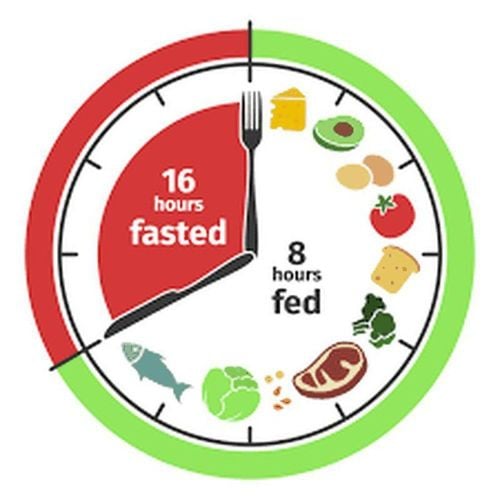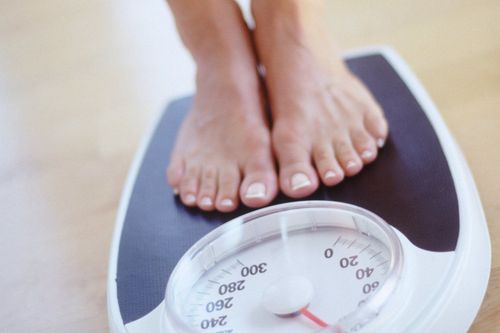This is an automatically translated article.
The keto diet and intermittent fasting are two of the hottest health trends right now. Many people are interested in and use these methods to lose weight and manage certain health conditions. While both have solid research backing the purported benefits of weight loss, many people wonder if these methods are really safe and effective to combine the two.
1. What is intermittent fasting?
Intermittent fasting is an eating method that revolves around calorie restriction, or fasting, and food consumption for a specific period of time. There are different methods of intermittent fasting, including the 5:2 method, the "Warrior" Diet, and Alternating Day fasting. The most common method of intermittent fasting is the 16/8 method, which involves eating within an eight-hour time frame before fasting for the next 16 hours. Intermittent fasting is mainly used as a weight loss technique.
However, studies show that this approach can benefit health in a variety of ways. For example, intermittent fasting has been shown to reduce inflammation, improve brain function, and control blood sugar.

Nhịn ăn không liên tục được chứng minh đem lại nhiều lợi ích cho sức khỏe
2. What is Keto?
The keto diet is a high-fat, very low-carb way of eating. In particular, carbs often fall below 50 grams per day, which forces the body to rely on fat instead of glucose for its main source of energy. During a metabolic process known as ketosis, the body breaks down fat to form substances called ketones that replace carb-based fuel. This diet is an effective way to lose weight, while also having a number of other benefits. The keto diet has been used for almost a century to treat epilepsy and also aid in other neurological disorders. For example, the keto diet may improve psychiatric symptoms in people with Alzheimer's disease. What's more, this dietary approach can lower blood sugar, improve insulin resistance, and reduce heart disease risk factors like triglyceride levels.
3. Health benefits of combining two diets
Intermittent fasting can help the body reach ketosis faster than the keto diet alone. That's because when fasting, the body maintains energy balance by shifting its fuel source from carbs to fat, which is the first step of the keto diet. During fasting, insulin and glycogen stores decrease, leading the body to start burning fat naturally.

Kết hợp 2 chế độ ăn uống trên giúp bạn giảm mỡ
Combining these two diets can help users burn more fat than any single diet alone. This is because intermittent fasting increases metabolism by promoting thermogenesis, or heat production, from which the body begins to burn fat. Several studies reveal that intermittent fasting can dramatically and safely reduce excess body fat.
In an 8-week study in 34 resistance-trained men, those who practiced the 16/8 intermittent fasting method lost nearly 14% more body fat than those who followed the normal eating patterns. Similarly, a review of 28 studies noted that people on intermittent fasting diets lost an average of 7.3 pounds (3.3 kg) more fat mass than those who followed the intermittent fasting regimen. low calorie diet. Additionally, intermittent fasting can preserve muscle mass during weight loss and improve energy levels, which can be helpful for people on a keto diet who still want to improve athletic performance and lose weight. body fat. Additionally, studies highlight that intermittent fasting can reduce hunger and promote feelings of fullness, which can lead to effective weight loss.

Chế độ Keto kết hợp với nhịn ăn không liên tục chống chỉ định cho một số trường hợp
4. Should these two diets be combined?
Combining the keto diet with intermittent fasting is likely safe for most people. However, pregnant or nursing women and those with a history of disordered eating should avoid intermittent fasting. Furthermore, people with certain health conditions, such as diabetes or heart disease, should consult their doctor before trying intermittent fasting and following the keto diet. Some people may find that fasting or sticking to the keto diet is too difficult to maintain, or may experience adverse reactions, such as overeating on non-fasting days, irritability and tired.
Please dial HOTLINE for more information or register for an appointment HERE. Download MyVinmec app to make appointments faster and to manage your bookings easily.
Reference article: Healthline.com













